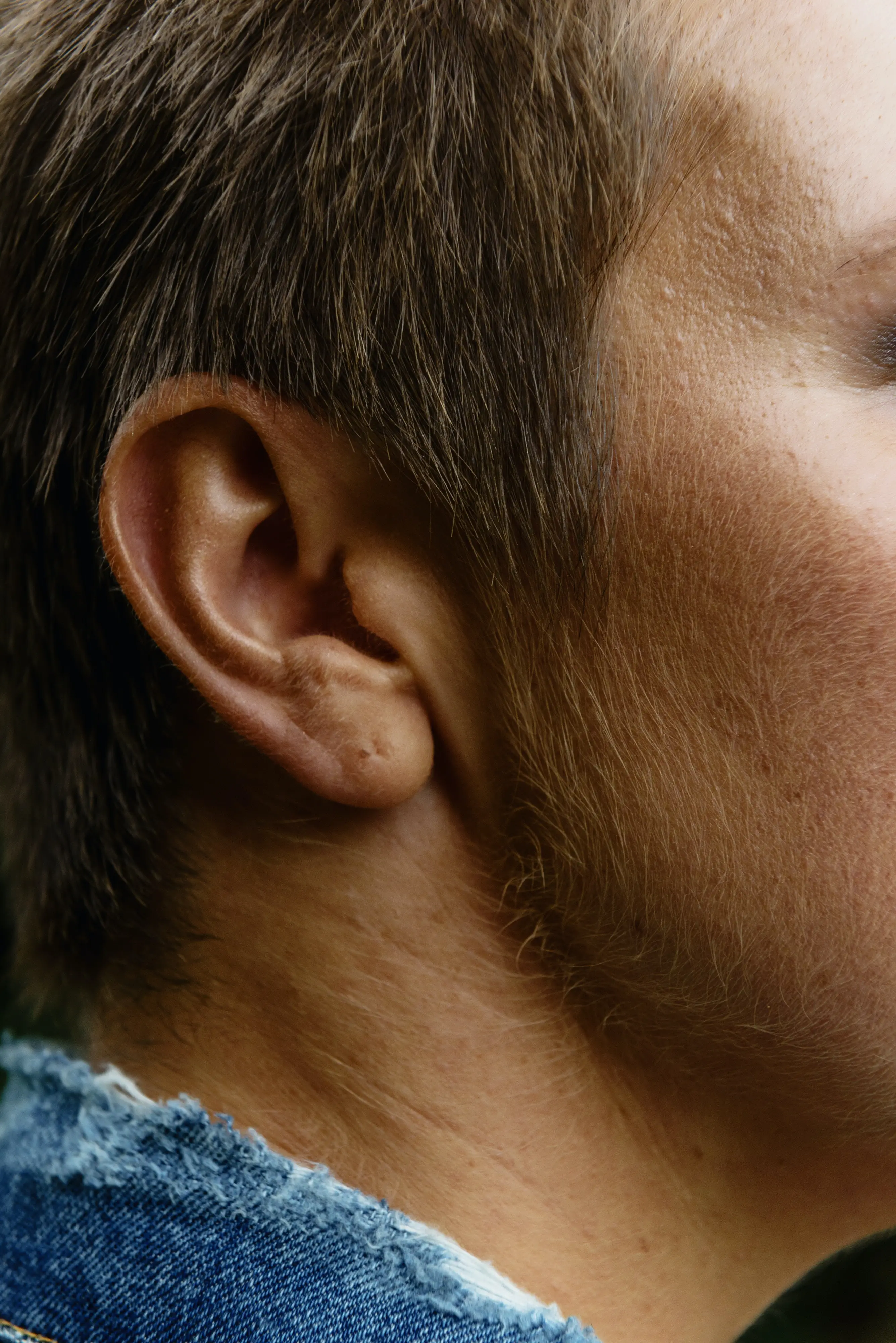You might have heard the saying ‘the silence was deafening’ or heard the Simon and Garfunkel song - that later became a popular meme - but did you know that you might actually be able to hear silence?
It seems pretty contradictory, doesn’t it?
Silence is supposed to be an absence of sound, so how could you actually hear it?
Advert
In fact, there are places that are so silent that you can hear the blood pumping in your veins, called anechoic chambers, and there are limits to how long you can spend in those because it can do strange things to you.
But, now researchers reckon that we might actually be able to hear silence, having used auditory illusions to look into how silence can warp people’s perception of time.
These findings now finally address the question of whether we can hear silence, which - they say - is something that has baffled the philosophers for years.

It’s a hard concept to wrap your head around, but let’s give it a go anyway.
The study’s lead author Rui Zhe Goh, a graduate psychology and philosophy student from Johns Hopkins University, said: "We typically think of our sense of hearing as being concerned with sounds. But silence, whatever it is, is not a sound - it's the absence of sound.
"Surprisingly, what our work suggests is that nothing is also something you can hear."
Before publishing their results in journal Proceedings of the National Academy of Sciences, the team used adapted versions of auditory illusions to create new versions in which the original sound is replaced by moments of silence.
So, one made a sound seem way longer than it was, for example.
In another, the equivalent moment of silence also seemed way longer.
If that doesn’t make a lot of sense, you’re not alone.
What it does say is that the silence-based illusions and sound-based illusions produced the same effect, meaning that people might just hear silence exactly like they hear sounds.
Chaz Firestone, who - aside from having a fantastic name - is also an assistant professor of psychological and brain sciences at John Hopkins, said: "Philosophers have long debated whether silence is something we can literally perceive, but there hasn't been a scientific study aimed directly at this question.
"Our approach was to ask whether our brains treat silences the way they treat sounds.
“If you can get the same illusions with silences as you get with sounds, then that may be evidence that we literally hear silence after all."

The experiment saw people listen to soundscapes of specific locations, before listening for periods where all sound stopped creating silences.
According to the researchers, it wasn’t just that the silences saw people experience illusions, it’s that the same illusions the scientists thought could be triggered by sound alone were also experienced just the same when the sound was replaced by silence.
Ian Phillips, a Bloomberg Distinguished Professor of Philosophy and Psychological and Brain Sciences and co-author of the study, said: "There's at least one thing that we hear that isn't a sound, and that's the silence that happens when sounds go away.
"The kinds of illusions and effects that look like they are unique to the auditory processing of a sound, we also get them with silences, suggesting we really do hear absences of sound too."
Now, there’s more research to be done, not just with sound, but with visual disappearances too.
The scientists claim that their work now might provide a new way to study the perception of absence, which is good, we think?